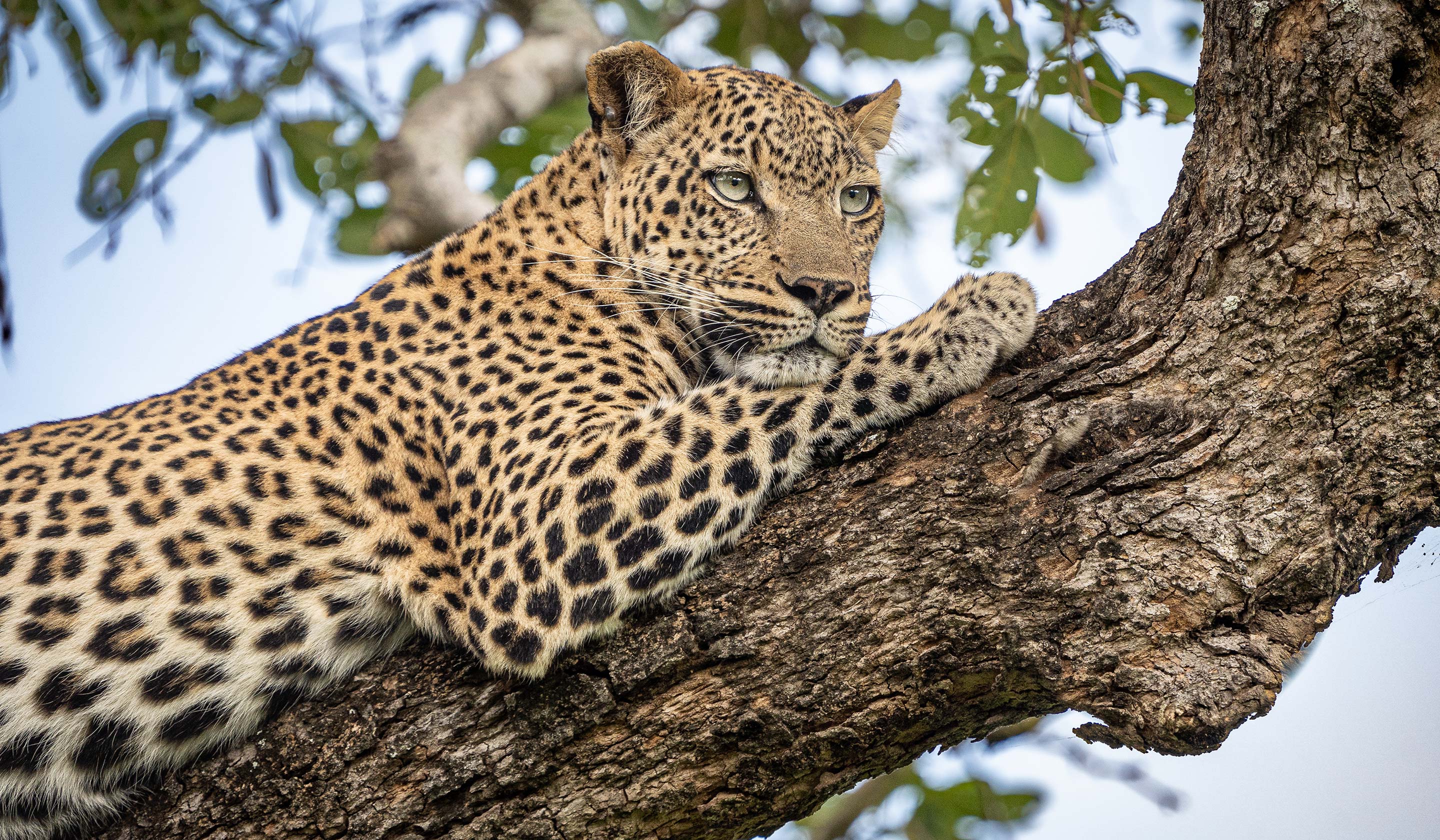When's The Best Time to Safari
The call of the wild knows no season – it's always a good time for a safari in Africa!

South Africa
The call of the wild knows no season—it's always a good time for safari in Africa! But depending on when you go, you'll have the chance to witness different sides of the continent's breathtaking landscapes and extraordinary wildlife. From the thundering herds of the Great Migration in East Africa to South Africa's dramatic dry-season gatherings at watering holes, each time of year offers something unique. Whether you dream of spotting newborn animals taking their first steps, catching sight of elusive predators on the hunt, or experiencing the golden glow of the savanna at sunset, this guide will help you find the perfect moment to embark on your safari adventure.
East Africa Climate Guide
East Africa has a tropical climate influenced by its proximity to the equator and varying altitudes. It experiences two rainy seasons and two dry seasons, making it a year-round destination.

Southern Africa Climate Guide
Southern Africa experiences a sub-tropical climate for majority of the year, however with hundreds of miles between Johannesburg and Cape Town, weather conditions can differ greatly.

From newborns to the Great Migration – East Africa's seasonal highlights
There's no single "best time" for wildlife viewing—it all depends on what you want to experience! Here are some key times of year for East Africa's most spectacular animal encounters.
A Season of New Life
October – March
This half of the year brings warmer temperatures and abundant resources, making it the ideal time for mothers to give birth. Expect to see adorable baby animals and witness the first moments of their survival in the wild.
Calving Season
January – March
From December to March, herds gather in the southern Serengeti and Ndutu region for the calving season, when thousands of newborn animals take their first steps on the lush plains. This abundance of prey also draws big cats like lions, cheetahs, and leopards, making for thrilling predator sightings.
The Great Migration
June – October
One of nature's most awe-inspiring spectacles, the Great Migration unfolds year-round, but it's from the key months of June through October when the iconic river crossing occurs in East Africa. During this time, millions of wildebeest, zebras, and gazelles surge across the Mara River from Tanzania's Serengeti into Kenya's Maasai Mara. Witness the Great Migration as it unfolds on our Great Migration: Tanzania & Kenya African safari.
From falls to footprints – South Africa's seasonal highlights
South Africa is a spectacular destination year-round. Much like East Africa, there's no single "best time" to visit – each season offers its own unique advantages. Here's a look at some of the seasonal highlights that showcase the very best of South Africa throughout the year.
Go with the flow – the waterflow
July – September
With low water levels and clear skies, this is the perfect time to soak in some of the most breathtaking views of Victoria Falls and the Zambezi River. While The Falls is magical year-round, low water season offers unobstructed views. Whether you're enjoying a sundowner cruise on the river or standing in awe before one of the Seven Natural Wonders of the World, the experience is unforgettable.
Africa's Gentle Giants
May – September
With minimal rainfall, wildlife viewing during this time of year becomes even more rewarding – animals naturally gather around the few remaining water sources, making them easier to spot on game drives. Known as "the elephant capital of the world," the gentle giants of Africa tend to dominate Chobe National Park in Botswana. Holding up to 250,000 elephants during high season, they won't be hard to spot on game drives!
Connect with the wildlife of Kruger
January – December
Discover the untamed beauty of Kruger year-round, where the safari experience never truly ends. With fewer crowds throughout the seasons, each game drive becomes a personal and immersive journey giving you the best views of wildlife and opportunities to make strong connections with the local guides.
Experience the Greater Kruger area on these tours:
South Africa: An Elegant Adventure
Wildlife Odyssey: South Africa, Botswana & Zimbabwe
Spotlight on South Africa and Victoria Falls
Learn more about South Africa's national parks and discover which journey speaks to you.